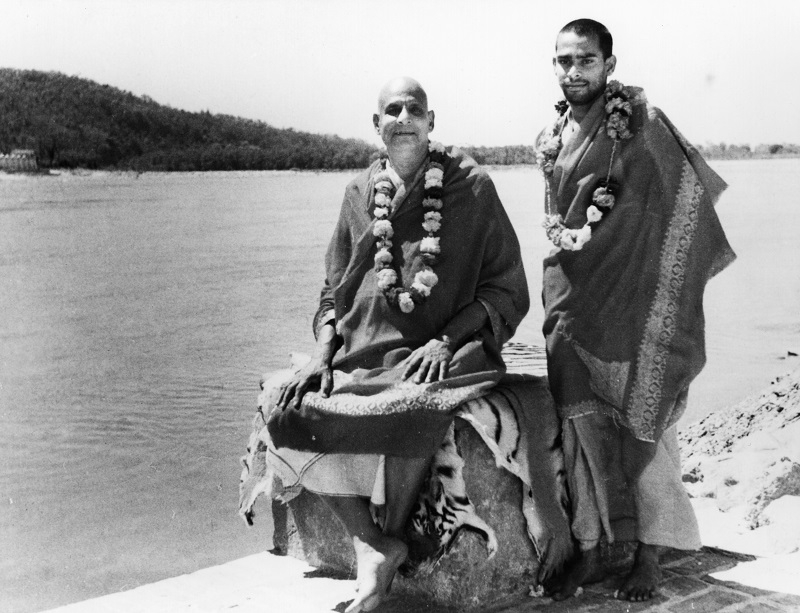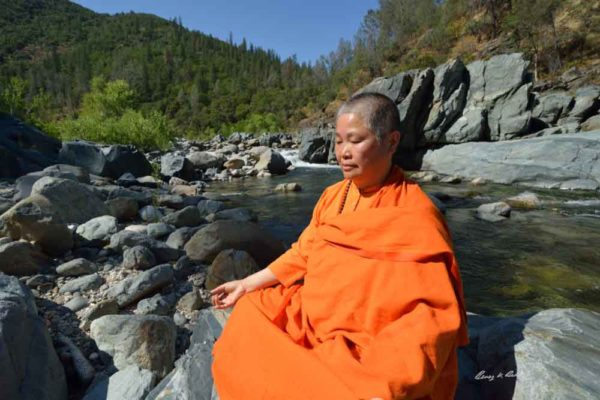SAMA - Tranquility

Sama is a Sanskrit word that implies mental tranquillity. It is the first virtue you should acquire. As a yoga instructor, you will face pupils that are extremely restless and constantly shifting positions. So, what does the yoga instructor or Yoga Health Educator advise these people to do? What do you tell someone who comes to you because he or she is really up and down? Meditation and introspection? These are lofty objectives. They must take action before that. The answer is that they must do asana and pranayama. That's all there is to it. Why? They slow down as they do asana. Everything comes to a halt. They slow things down by coordinating the body and the breath. It is the same with pranayama. They take a breather. They cleanse the nadis and bring the prana back into balance. That already gives them some insight, vision, and knowledge about the inner workings of their own mind. This provides them with a sense of calm and tranquillity. Furthermore, the conventional bhakti yoga teaching teaches them skills for emotional management. Emotions stir up the mind and make it shaky. That is why managing, or sublimating, emotions are vital to quiet the mind.
Our actions are guided by our thoughts, while our thoughts are influenced by our emotions. Our thinking is just used to excuse our feelings. According to Swami Sivananda, emotions are prevalent in this era. Pranayama exercise helps to quiet the emotions, and chanting is required to communicate Divine Love. In bhakti yoga, practicing love implies practicing unconditional love rather than an attachment. When you practice unconditional love, you relax and your mind relaxes. That's all there is to it. When the mind settles down, you may perceive your true self. Bhakti yoga practice can help you with this. Because we are isolated from our source, from ourselves, from our true nature, we feel lonely, abandoned, and in the dark; we feel separated from Divine Mother and Divine Father; we feel separated from everything, and we have to live with people we don't understand. As a result, it is quite tough to love them. So, develop serenity and peace of mind. Some people appear peaceful on the outside, but on the inside, they are raging like a tornado. When you exercise tranquillity, though, your mind is actually silent. The mind's whirling must stop before you may rest in tranquility.
In the Raja Yoga Sutras, Patanjali Maharishi states unequivocally that it is impossible for a mind to understand another mind; it is also difficult for the mind to understand itself. No matter how many concepts you have in your head, they will not solve the problem that you have in mind. It is literally impossible for you to use your thinking to understand another person's mind. "One talks duck, one talks chicken," as the saying goes in Vietnamese. Ducks and hens are conversing. It is impossible for them to understand each other. Because the mind is already so tough for you to understand, this is why we have so much interpersonal conflict. Then you try to understand someone else's thinking using that mind, which is impossible. That is why you must look inward to comprehend your own thoughts. You will be able to glimpse another person's thoughts by calming your own mind and putting light into it. This is not because you can see another person's mind through your own. The light of the Atman shining in your mind helps you to see the Atman in the mind of another.
You must first concentrate on your own inner calm. Without that, there is no way to see the Self, no way to be fully joyful. "Instead of peace of mind, we have bits of mind," Swamiji stated. This implies you project the conditions for happiness, the criteria are met, and you have a little moment of tranquility. You strive very hard to fulfill those standards so that you might enjoy another little piece of peace. And so you keep going, work out another contract, fulfill it, and win another small piece of tranquility. We have fragments of mind in this way, but no peace of mind. Because peace of mind requires wisdom, a certain level of freedom, and absolute comfort within oneself and in all situations.
You will not enjoy peace of mind if you constantly monitor your life to see if it conforms to your predetermined conditions. That is the unpleasant reality for the majority of us. It's difficult for us to let down our guard and be vulnerable since we've been hurt for a long time. And, you know, we tend to blame our pain on others. We've been doing it for a long time, falsely attributing our pain to someone else and thus retaining that memory and hoping to be rid of it. However, this is not possible. Similarly, in the Vedantic analogy of the "rope and snake," you continuously perceive the "snake" because the serpent is in your mind; you are always projecting the image of the hurtful snake outside, superimposing the snake on a piece of "rope," and saying, "Oh, that snake is going to bite me!" You flee, but you see the snake again. Because it's already in your head. That's why you keep repeating your unhappy patterns. So, even though "sama" is the first virtue, obtaining serenity takes a long, long time.







